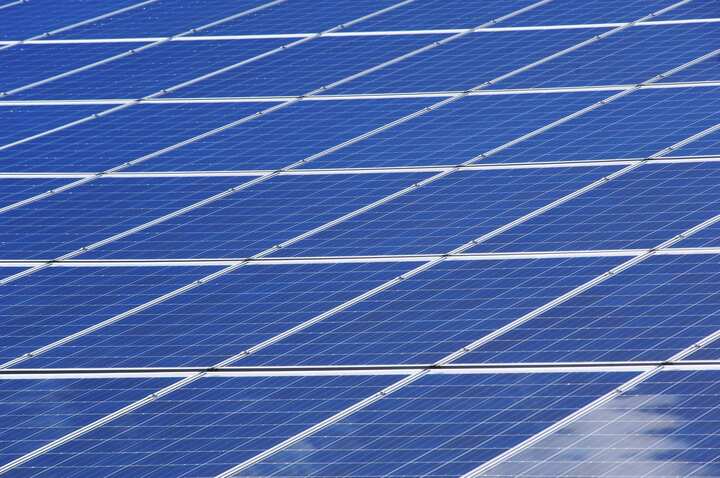
The Benefits of a Solar Monitoring System for Efficient Energy Tracking
As the world increasingly shifts towards renewable energy sources, solar power has emerged as a leading solution for sustainable energy. With the rise in solar installations, the importance of monitoring systems to track energy production, consumption, and overall efficiency has become paramount. A solar monitoring system not only facilitates the effective management of solar energy systems but also maximizes their potential benefits. This article discusses the various advantages of implementing a solar monitoring system for efficient energy tracking.
Understanding Solar Monitoring Systems
A solar monitoring system is an integrated technology that enables the observation, analysis, and management of solar energy systems. It provides real-time data on energy production, system performance, and any anomalies or inefficiencies that might arise. By leveraging this data, users can make informed decisions to optimize the performance of their solar installations. Read more about this topic.
Key Benefits of Solar Monitoring Systems
Enhanced Efficiency
Monitoring systems significantly enhance the efficiency of solar energy systems by providing comprehensive insights into their functioning. These systems can:
- Track energy production in real-time, allowing for immediate identification of any issues or inefficiencies.
- Provide data analytics that help in optimizing the system for maximum energy output.
- Enable predictive maintenance, reducing downtime and prolonging the lifespan of the system.
Learn more in this detailed guide.
Cost Savings
By optimizing the performance of solar panels and minimizing waste, solar monitoring systems contribute to substantial cost savings. These advantages include:
- Reduced energy wastage by ensuring the solar system operates at peak efficiency.
- Lower maintenance costs due to early detection of potential issues.
- Improved return on investment from the solar system through enhanced performance.
Explore further insights here.
Environmental Impact
Solar monitoring systems play a crucial role in minimizing the environmental impact of solar energy systems. Here are some ways they contribute:
- Ensuring optimal energy production helps in reducing reliance on fossil fuels.
- Improved efficiency leads to lesser resource utilization and waste.
- Facilitating the adoption of solar energy by demonstrating its effectiveness and reliability.
Find additional information here.
Conclusion
In conclusion, solar monitoring systems are invaluable tools for anyone looking to maximize the benefits of their solar energy systems. By providing real-time data and analytics, they enhance efficiency, reduce costs, and minimize environmental impact. As the adoption of solar energy continues to grow, so too will the importance of robust monitoring systems that ensure these installations operate at their full potential. For those considering implementing such systems, the benefits extend beyond simple energy tracking to encompass significant environmental and economic advantages. Explore further insights here.